In the vibrant tapestry of New Zealand's cultural history, the Maori people hold a pivotal place. Yet, beyond the haka and the intricate carvings, there are layers of Maori heritage that remain relatively unexplored, even among seasoned professionals like investment bankers. Understanding these nuances is crucial not just for cultural appreciation but also for grasping the socio-economic dynamics of New Zealand, a nation where Maori influence permeates various facets of life, including business and policy. Let us delve into 15 lesser-known aspects of the Maori, New Zealand's first people, and explore their relevance to contemporary Kiwi society.
New Zealand’s first people, the Māori, are more than just a chapter in the nation’s history—they are the heartbeat of Aotearoa’s identity. But even if you grew up in New Zealand, chances are there are still surprising things you don’t know about Māori culture, heritage, and worldview.
Whether you're a curious Kiwi or an overseas explorer, here are 15 eye-opening facts about the Māori that go far beyond the haka and the hongi.
1. Māori Are Polynesians
Māori are not native in the traditional sense—they are Polynesian navigators who arrived in Aotearoa between 1200 and 1300 AD. Their ancestors came from a place called Hawaiki, part of a vast Pacific migration network that included Samoa, Tonga, and the Cook Islands.
🌊 Māori are part of one of the most impressive seafaring cultures in world history.
2. They Navigated Using the Stars
Long before GPS, Māori ancestors sailed thousands of kilometres using celestial navigation, reading the stars, ocean swells, and cloud patterns. The return of waka hourua (double-hulled voyaging canoes) in modern times has reignited interest in traditional navigation.
3. Te Reo Māori Was Once Nearly Lost
By the 1980s, fluent speakers of Te Reo Māori had dropped dramatically. But thanks to initiatives like Kōhanga Reo (language nests) and Māori Television, the language is experiencing a powerful revival.
🗣️ Te Reo is now an official language of New Zealand and taught in many schools.
4. Māori Have a Living Legal Document
Te Tiriti o Waitangi (The Treaty of Waitangi), signed in 1840, is more than a historical artifact—it continues to shape law, politics, and identity today. Māori leaders argue the original Te Reo Māori version promised sovereignty, not just protection.
5. There Are Over 100 Iwi (Tribes)
Māori aren’t one single group—they are made up of diverse iwi (tribes) and hapū (sub-tribes), each with their own dialects, traditions, and histories. For example, Ngāi Tahu in the South Island differ significantly from Ngāpuhi in the North.
6. Whakapapa Isn’t Just Family Trees—It’s Identity
Whakapapa is the genealogical backbone of Māori identity. But it’s more than listing ancestors—it's a spiritual and social map connecting people to land, sea, and the universe.
🧬 You are your ancestors, your river, your mountain. All are connected.
7. Māori Tattoos Tell Entire Life Stories
Tā moko, the traditional form of Māori tattooing, isn’t just body art. Every line holds deep meaning—telling stories of ancestry, social rank, achievements, and spiritual beliefs. It’s a sacred practice with strict cultural protocols.
8. The Haka Isn’t Just for Rugby
Yes, the All Blacks made the haka world-famous—but it's not just a pre-game ritual. Haka are used to welcome guests, mourn the dead, protest injustice, and celebrate life’s milestones.
🔥 There are dozens of haka, each with different purposes and meanings.
9. Māori Had Advanced Agriculture
Before European settlers arrived, Māori had highly organised agricultural systems. They cultivated kūmara (sweet potato), taro, and other crops, and engineered sophisticated pā (fortified villages) and irrigation systems.
10. Wairua (Spiritual Energy) Is Central to Māori Life
Wairua, or spiritual essence, is a core part of Māori thinking. Health, relationships, land, and even buildings are believed to have mauri (life force) that must be respected and balanced.
🧘 Many Māori health services today still integrate spiritual well-being with physical care.
11. There’s a Māori Moon Calendar
The Maramataka is the traditional Māori lunar calendar. It guides fishing, planting, healing, and celebrations—based on the phases of the moon. Interest in the Maramataka is now growing among farmers, educators, and wellness advocates.
12. Many Place Names Are Descriptive Stories
From Whakatāne ("to act like a man") to Taumatawhakatangihangakoauauotamateaturipukakapikimaungahoronukupokaiwhenuakitanatahu (yes, that’s a real hill), Māori place names often tell entire stories—rooted in legend, events, or features of the land.
📍 Learning the meaning behind names adds depth to every trip in Aotearoa.
13. Māori Women Held Power Long Before Colonisation
Contrary to European norms at the time, Māori women (wāhine) could be chiefs, warriors, landowners, and spiritual leaders. Colonisation imposed patriarchal systems that often sidelined their traditional authority.
14. Kaitiakitanga Isn’t Just ‘Conservation’—It’s Sacred
Kaitiakitanga refers to guardianship over land, water, and all living things. But it's not a political policy—it’s a sacred obligation passed through generations. Māori environmental principles are now influencing national policy on sustainability and climate change.
🌱 Many co-governance models with iwi are rooted in this philosophy.
15. Māori Culture Is Thriving—Not Just Surviving
Despite colonisation, forced assimilation, and generations of trauma, Māori culture is not only alive—it’s evolving. From Māori tech startups to fashion labels using tukutuku patterns, a new generation is bringing ancient knowledge into the digital age.
“We often hear Māori culture described in the past tense. But the truth is—it’s leading us into the future.”
— Daniel Chyi, Co-founder of Vidude.com
🎯 Avoiding the Mistakes Others Already Made
Many outsiders and even some locals make the same errors over and over again when engaging with Māori culture:
Common Mistakes:
❌ Assuming all Māori are the same
❌ Reducing Māori identity to performances like haka or pōwhiri
❌ Using Māori words or symbols without understanding their meaning (cultural appropriation)
❌ Treating Te Ao Māori (the Māori worldview) as optional, not integral
Tactical Lessons:
✅ Listen to iwi leaders before forming opinions
✅ Engage with Māori-run businesses, media, and educators
✅ Ask questions, but be prepared to do your own homework
✅ Remember: Māori culture is not there for your entertainment—it’s a living system of values
The Economic Influence of Maori Culture
Maori culture is not just a relic of the past but a vibrant part of New Zealand's present and future. The Maori economy is valued at approximately NZD 50 billion, covering sectors from agriculture to fisheries and beyond. This economic footprint is essential for investment bankers evaluating market opportunities in New Zealand.
Case Study: Maori Agribusiness
Problem: A Maori agribusiness cooperative faced challenges in expanding its export markets due to limited access to international distribution networks.
Action: By partnering with local investment banks, the cooperative leveraged financial expertise to secure funding and develop strategic partnerships overseas.
Result: Within two years, export revenues surged by 45%, showcasing the potent synergy between Maori enterprises and financial institutions.
Takeaway: Investment opportunities abound in sectors where Maori businesses operate, particularly when they align with cultural values and sustainable practices.
Integration with New Zealand’s Economy
The Reserve Bank of New Zealand has highlighted the importance of Maori enterprises in bolstering regional economies. For instance, Maori tourism initiatives have become a cornerstone of New Zealand's tourism industry, attracting global attention and investment.
Data Insight: Tourism Growth
According to Stats NZ, Maori tourism attracted over 1 million international visitors in 2022, contributing significantly to the national GDP. This trend underscores the increasing global interest in authentic cultural experiences, presenting lucrative opportunities for investors.
Myths and Misconceptions
- Myth: Maori culture is monolithic. Reality: Maori society is diverse, with iwi (tribes) and hapu (sub-tribes) each possessing unique traditions and leadership structures.
- Myth: Maori business practices are outdated. Reality: Many Maori businesses are at the forefront of innovation, particularly in sustainability, a key area for modern investors.
Contrasting Perspectives on Maori Economic Strategies
While some view the Maori approach to business as culturally bound, others see it as a model for sustainable development. This dichotomy presents a debate within the investment community.
Advocate View: Maori enterprises emphasize long-term sustainability over short-term gains, aligning with global shifts towards sustainable investing.
Critic View: Some argue that this approach may limit growth potential due to conservative risk management strategies.
Middle Ground: Integrating Maori values with modern financial strategies can yield both sustainable and profitable outcomes.
Common Mistakes in Engaging with Maori Businesses
- Mistake: Ignoring cultural protocols. Solution: Engage with cultural consultants to navigate the complexities of Maori customs.
- Mistake: Underestimating the value of collective ownership. Solution: Recognize the communal decision-making processes inherent in many Maori businesses, which can be a strength in collaborative ventures.
Future Trends and Maori Innovation
Looking ahead, Maori innovation is set to play a critical role in New Zealand's economic landscape. According to a report by MBIE, Maori enterprises are increasingly venturing into tech and renewable energy, sectors poised for growth.
Prediction: By 2030, Maori businesses will significantly influence New Zealand's renewable energy sector, aligning with global sustainability trends and creating new investment avenues.
Final Takeaway
Understanding the intricate layers of Maori culture and its integration into New Zealand's economy is not just an academic exercise for investment bankers; it is a strategic necessity. As Maori enterprises continue to expand their influence across various sectors, the potential for collaboration and investment is immense. Thus, engaging with Maori culture and business practices offers not only a richer understanding of New Zealand's heritage but also a path to sustainable and profitable investment opportunities.
What’s Next? To stay informed about investment opportunities within the Maori economy, subscribe to our newsletter for exclusive insights and updates.
Related Search Queries
- Maori influence on New Zealand economy
- Sustainable investment in Maori enterprises
- Maori tourism impact on GDP
- Maori business innovation
- New Zealand cultural investment opportunities
People Also Ask (FAQ)
- How does Maori culture impact New Zealand's economy? Maori culture significantly contributes to New Zealand's economy through sectors like tourism and agribusiness, adding NZD 50 billion to the national GDP.
- What are common misconceptions about Maori businesses? A common myth is that Maori businesses are outdated. In reality, they lead in sustainability and innovation, particularly in tech and renewable energy.
- What strategies can investors use to engage with Maori enterprises? Investors should respect cultural protocols and recognize communal decision-making as strengths in collaborative ventures.
- What future trends will affect Maori businesses? Maori businesses are set to influence New Zealand's renewable energy sector significantly, aligning with global sustainability trends by 2030.
Suggested Long-Tail Keywords for SEO
Surprising things about New Zealand’s first people
Māori traditions and spiritual beliefs
Importance of Te Reo Māori and Māori language revival
What is whakapapa and why it matters
Kaitiakitanga Māori environmental values
Māori moon calendar explained
Māori place name meanings
Modern Māori success stories
How Māori culture is evolving in New Zealand today







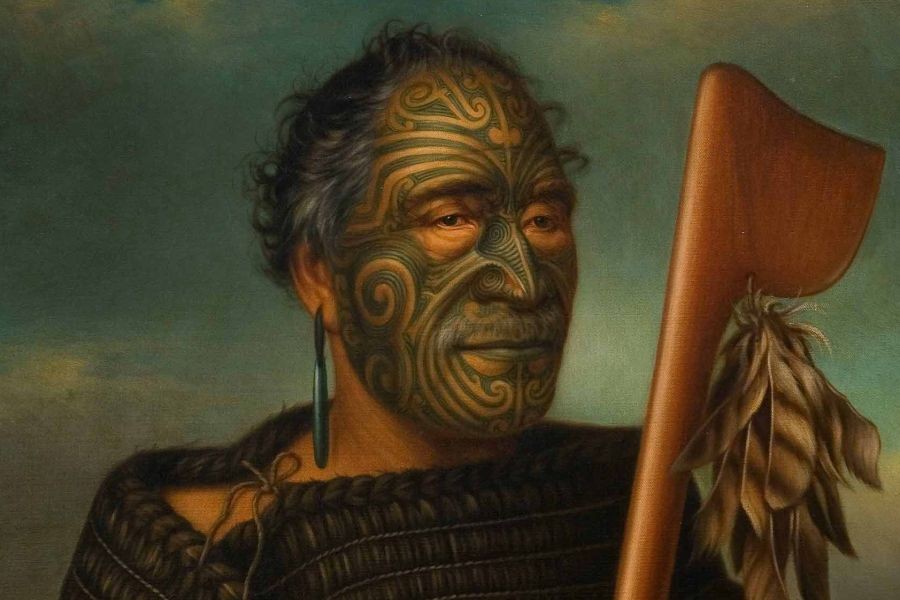










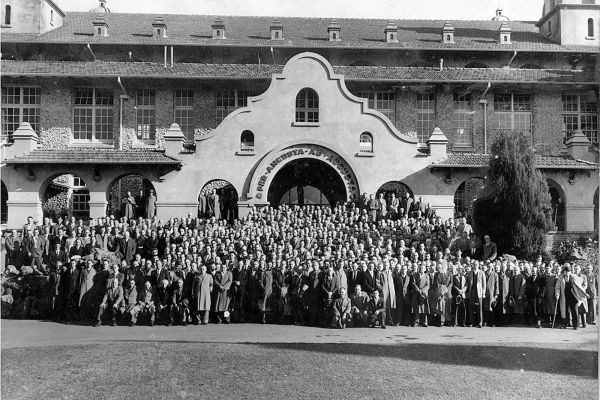
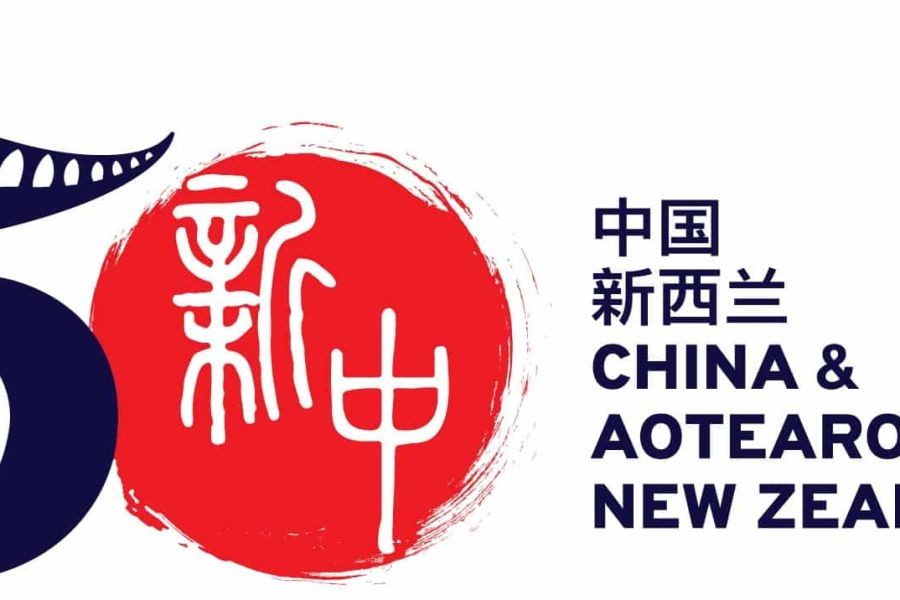


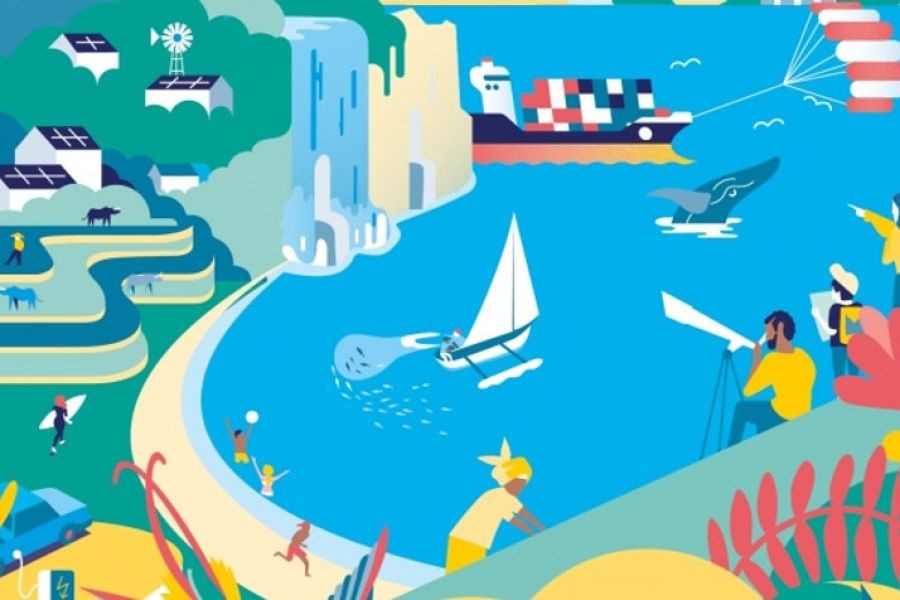


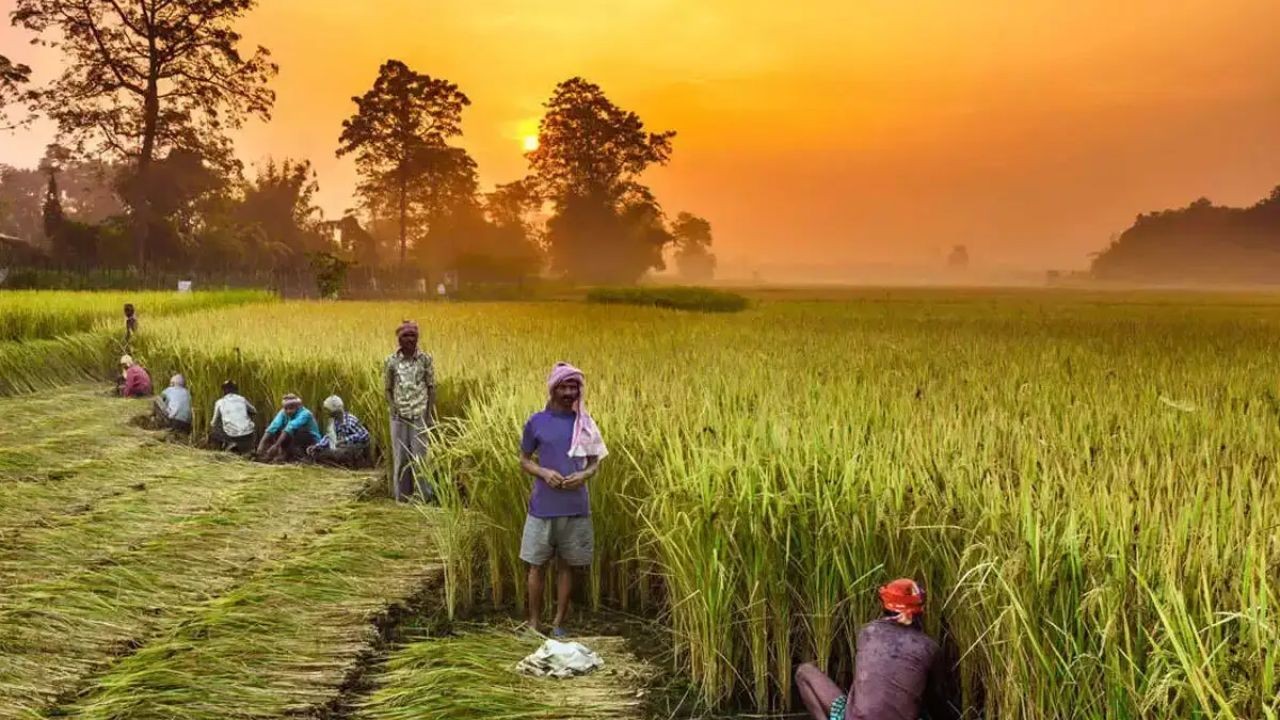

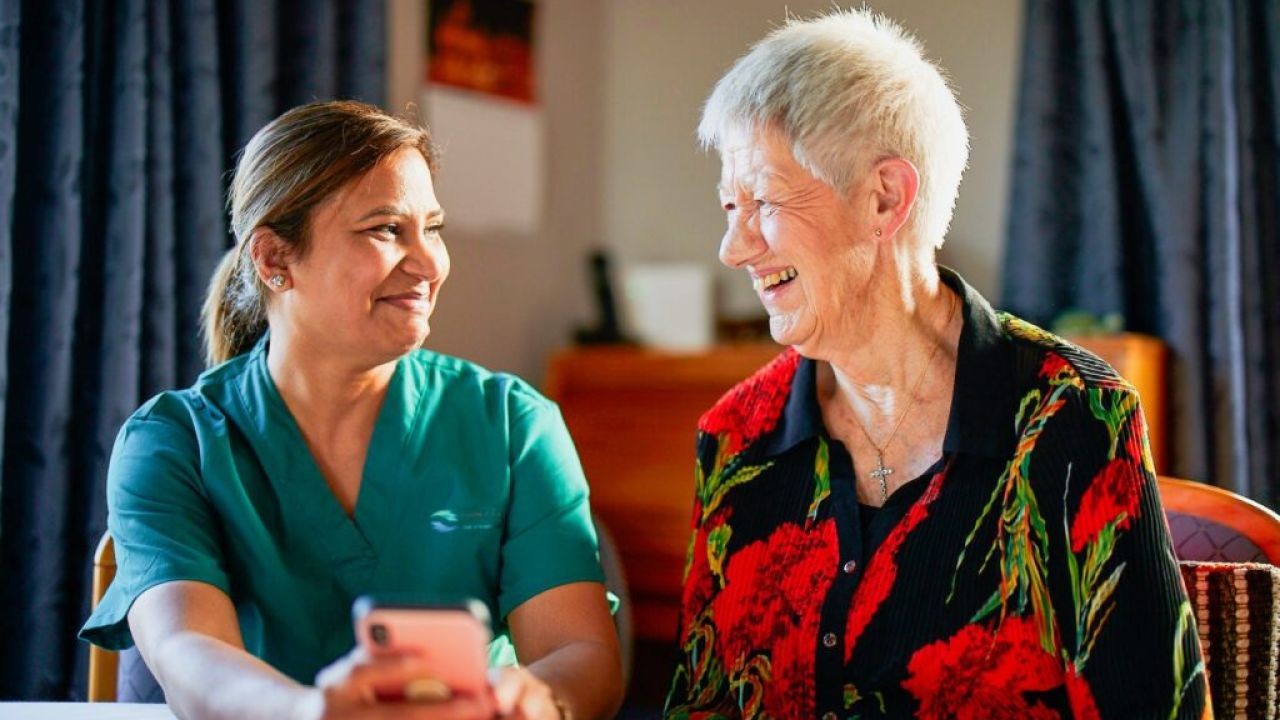
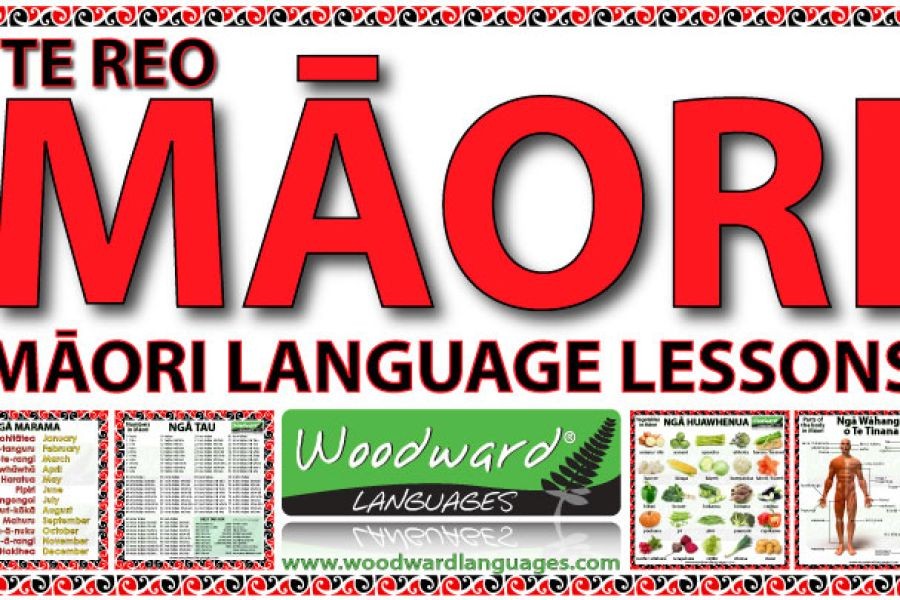





EdmundRobi
6 months ago